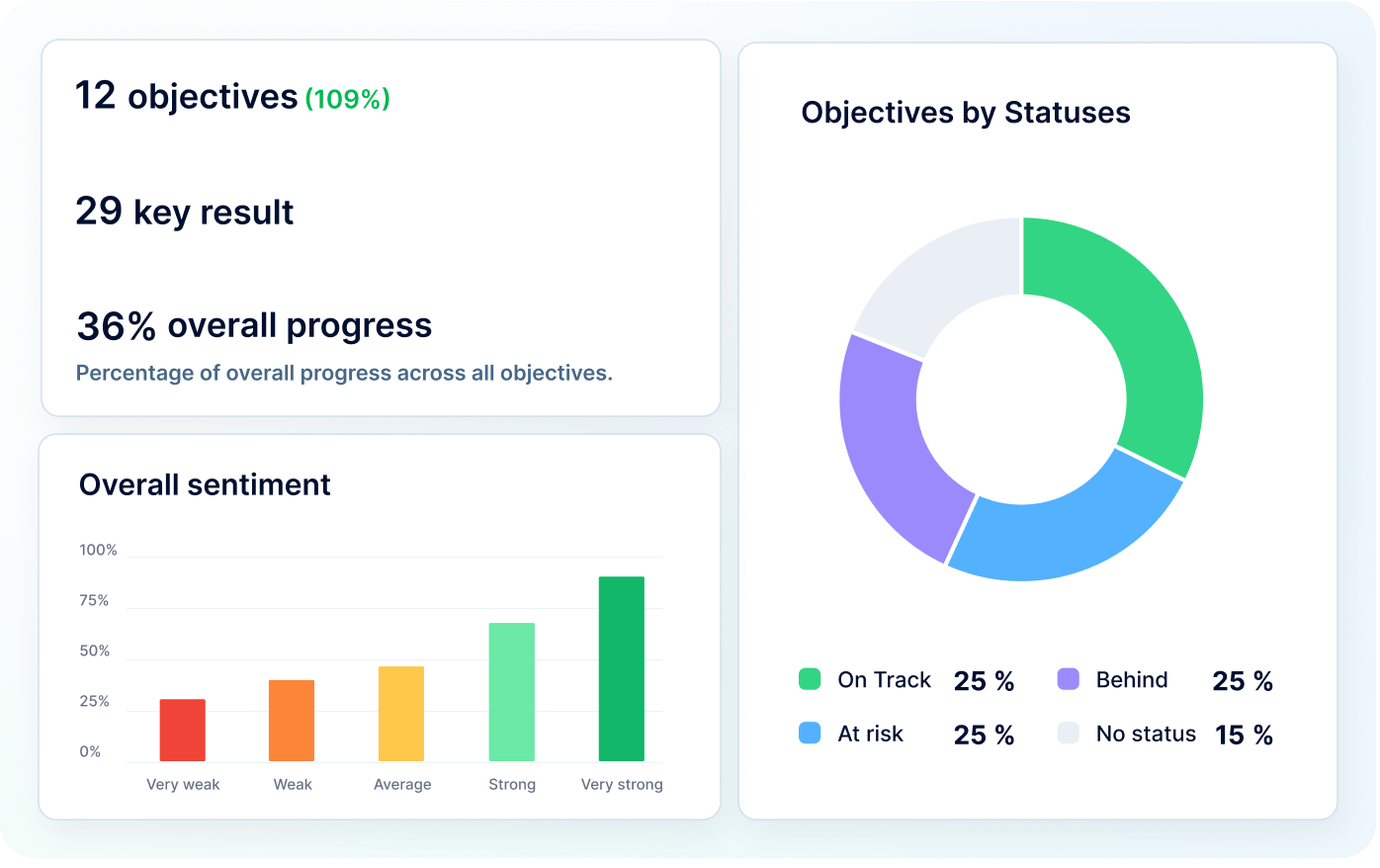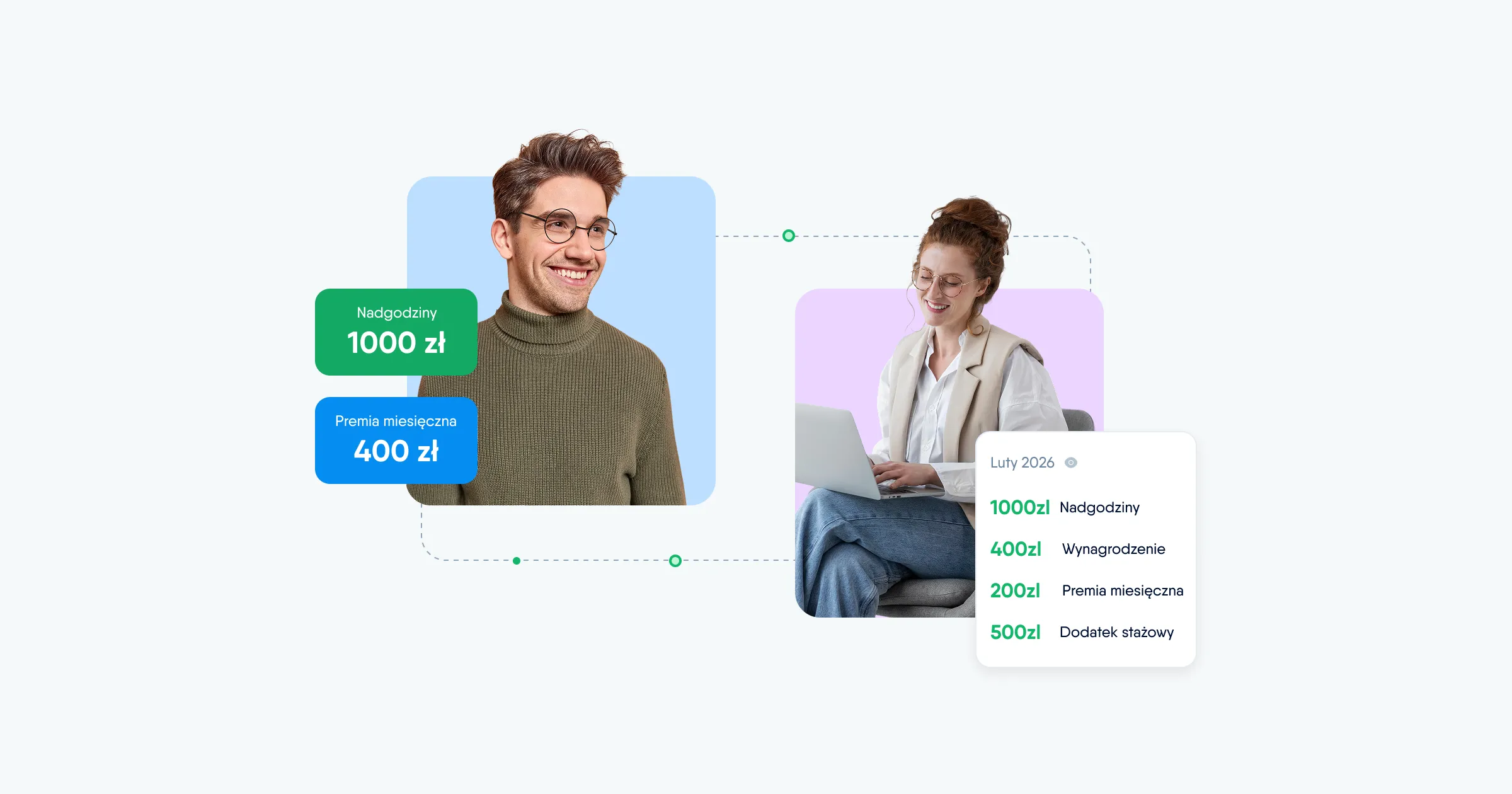
How to work with different generations to create a harmonious work environment
The topic of generations in the workplace is highly relevant as we live in times when at least four generations are simultaneously part of the global workforce, some continuing or just starting their corporate journey. It is entirely appropriate to consider what HR specialists or managers should do when they have several employees under their supervision who belong to different age groups and, therefore, have different values and perceptions of the work process.
It is important to listen to experts' opinions to ensure that there are no difficulties in such situations and that communication between different generations is harmonious and does not hinder productivity. We spoke with Agata Woszczyk, CEE Senior HR Manager Associate Experience at Amazon, who shared a few secrets about working with generations.
What are the prior generations today?
First, let's define the generational frameworks. The commonly accepted divisions, based on birth years, are as follows:
- Baby Boomers: 1946-1970
- Generation X: 1970-1980
- Millennials (Generation Y): 1980-2000
- Generation Z: 2000 onwards
Researchers sometimes identify transitional sub-generations, such as the so-called "Zilennials" (born in the late 1970s to early 1980s), who may share characteristics and values of both adjacent generations. However, for the sake of convenience, we propose to rely on the division mentioned above.
What is the main work motivation among different generations?
Depending on the generation you are working with, it is important to understand the different motivational factors that can significantly improve employee engagement and effectiveness. However, motivations can vary. While Baby Boomers may consider career advancement a measure of success, Generation Z may prioritize personal growth. Therefore, take note of the following:
Baby Boomers
- Opportunities for growth and development
- Opportunities for leadership positions
- Recognition of achievements
- Workplace benefits
- Opportunities for mentoring younger colleagues (especially Millennials and Generation Z)
Generation X
- Family-related benefits and allowances
- Work-life balance benefits
- Recognition of achievements
- Professional development opportunities
Millennials
- Competitive salary
- Opportunity to learn new technologies and methods
- Friendly work environment
- Short, varied, and fast-paced tasks without routine
- Opportunity for expressing creativity and individual opinions
- Financial education benefit programs
Generation Z
- Respect and dignified treatment
- Socialization outside of the company
- Financial education benefit programs
- Opportunities for gaining new experience
- Access to learning and mentoring platforms
What are some general recommendations for building a multi-generational team?
It is not enough to find an approach for each employee individually; it is also necessary to pay attention to general work rules in such a team. Managers should learn to:
- Accept that employees may question the viewpoint of their superiors. This applies to older and younger generations, considering the manager may be younger than their subordinates.
- Listen to and accept resistance and alternative points of view to prevent conflicts.
- Respond carefully to subordinates' questions, especially concerning company culture and employee experience.
- Clearly explain the purpose and value of tasks, ensuring that individuals understand the contribution they will make by completing them. This includes explaining the task, as detailed instructions are key to understanding.
- Avoid making hasty judgments. Managers should understand the situation and listen to all sides of the discussion.
- Maintain communication and show attention to subordinates or team members. Ignoring the team, especially those who require social connection is not advisable.
- Ensure that all team members are on the same level of communication and information. If there are issues or misunderstandings, look for the root cause in communication structures.
Universal advice for communicating with different generations:
If a discussion arises between you and an employee in the company, it is best to learn how to ask them questions that will help get to the heart of the problem. These can be:
- How are you currently planning to approach the task?
- What factors do you consider when making decisions regarding this method?
- What aspects are you taking or will you take into consideration?
Encourage employees to explore three possible solutions to the problem and evaluate their potential outcomes.
1-on-1 is a partnership, not a duel
Any meeting with an employee in a 1-on-1 format should be conducted to improve partnerships and deepen relationships. Under no circumstances should your meeting resemble an argument or duel aimed at overpowering or convincing the employee of a different point of view by force or with the intention of coercion. All generations value meetings with leadership or managers differently, but universal recommendations exist for building this process.
1. Discussion of achievements
- What tasks have you completed recently?
- What projects/tasks have you completed?
2. Discussion of challenges
- What difficulties have you encountered?
- What conclusions have you drawn?
- Discussion of goals
- What have you achieved recently in terms of personal development?
- What opportunities do you see for your growth?
Relevant literature on working with generations
- J. Morgan. The Future Leader: 9 Skills and Mindsets to Succeed in the Next Decade.
- T. Stoltzfus. A Coach's Guide to Powerful Asking Skills.
- K. Blanchard. Whale Done!: The Power of Positive Relationships.
- R. Holiday. Ego Is the Enemy.
- A. Sarnatska-Smith. Everest of Leadership.
Suppose you are planning to work and build relationships with multiple generations in your team and are genuinely interested in the topic Agata raised. In that case, we recommend following our blog, where you will find valuable information for HR managers. And we will notify you about upcoming webinars on the events page and PeopleForce's social media. Stay tuned!
With over five years in HR tech content creation, Maria explores how technology, people, and culture shape the workplace of today. Her interests include HR, AI, IT, and personal development, and she brings a data-driven, human-centered perspective to her writing.
Get started with PeopleForce today
Automate your HR routine to create a high performance culture in your company. PeopleForce is your best HRM alternative to stay business driven but people focused.

Recent articles
HR Guide to the EU Pay Transparency Directive: Expert answers
Expert answers to the most common HR questions about the EU Pay Transparency Directive. Learn what employers must prepare for — and how to stay compliant.
Top 10 ATS systems: The ultimate recruiter's guide
Looking for the best ATS? Compare the top 10 ATS systems by features, pricing, and user reviews to find the perfect hiring solution for your team.
🎉 PeopleForce Wrapped 2025: a year of HR magic
2025 wasn’t just about shipping features — it was about making HR work better at scale. Let’s unwrap everything we built together.

